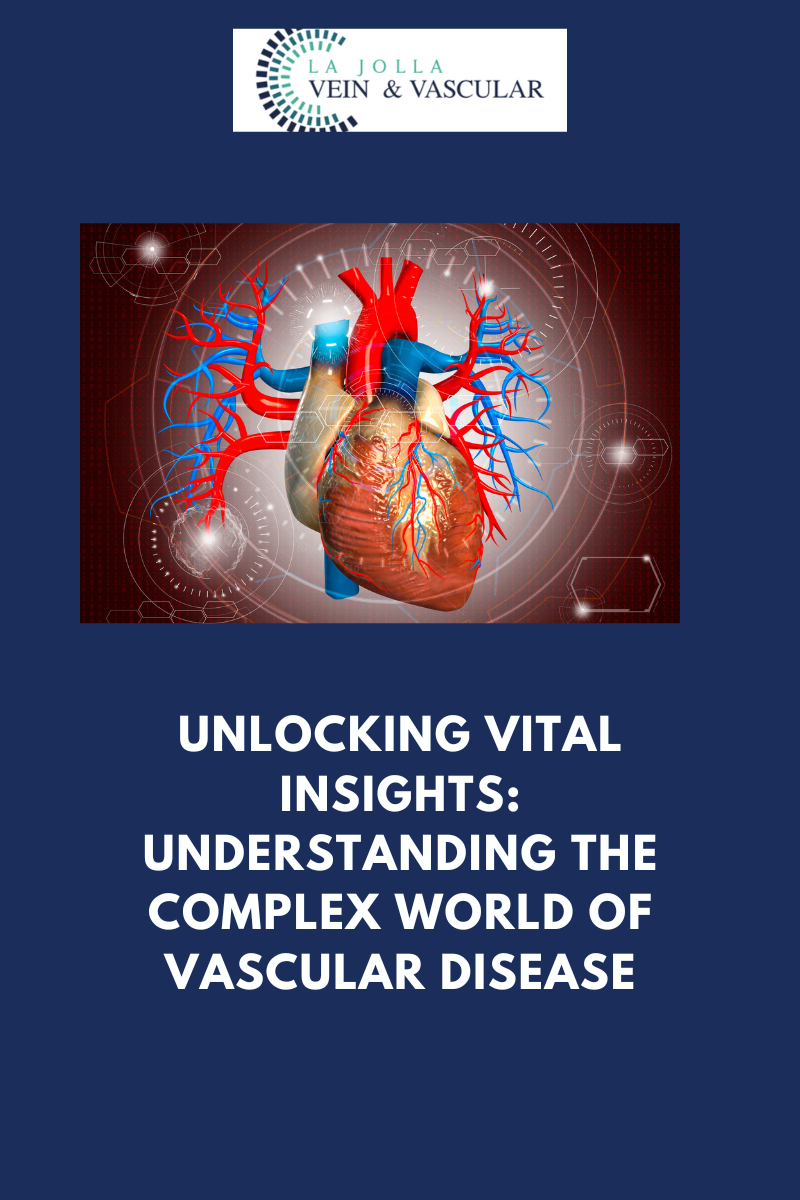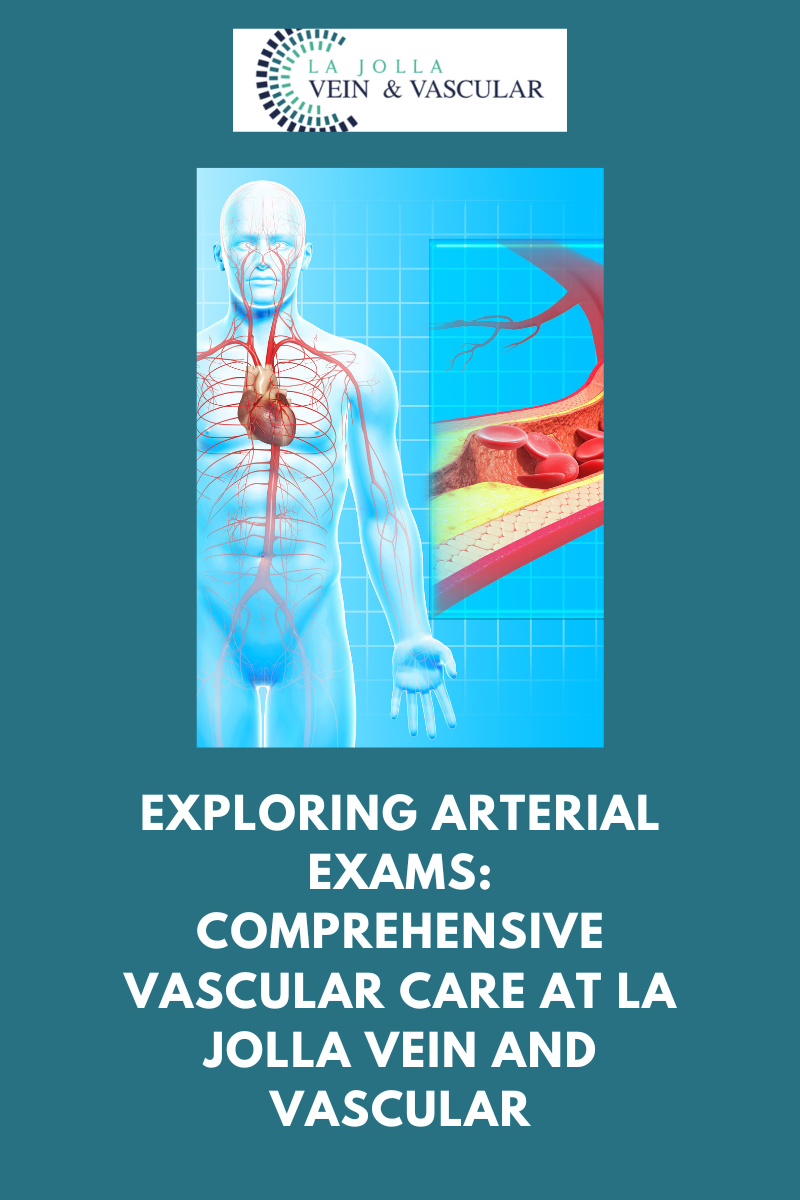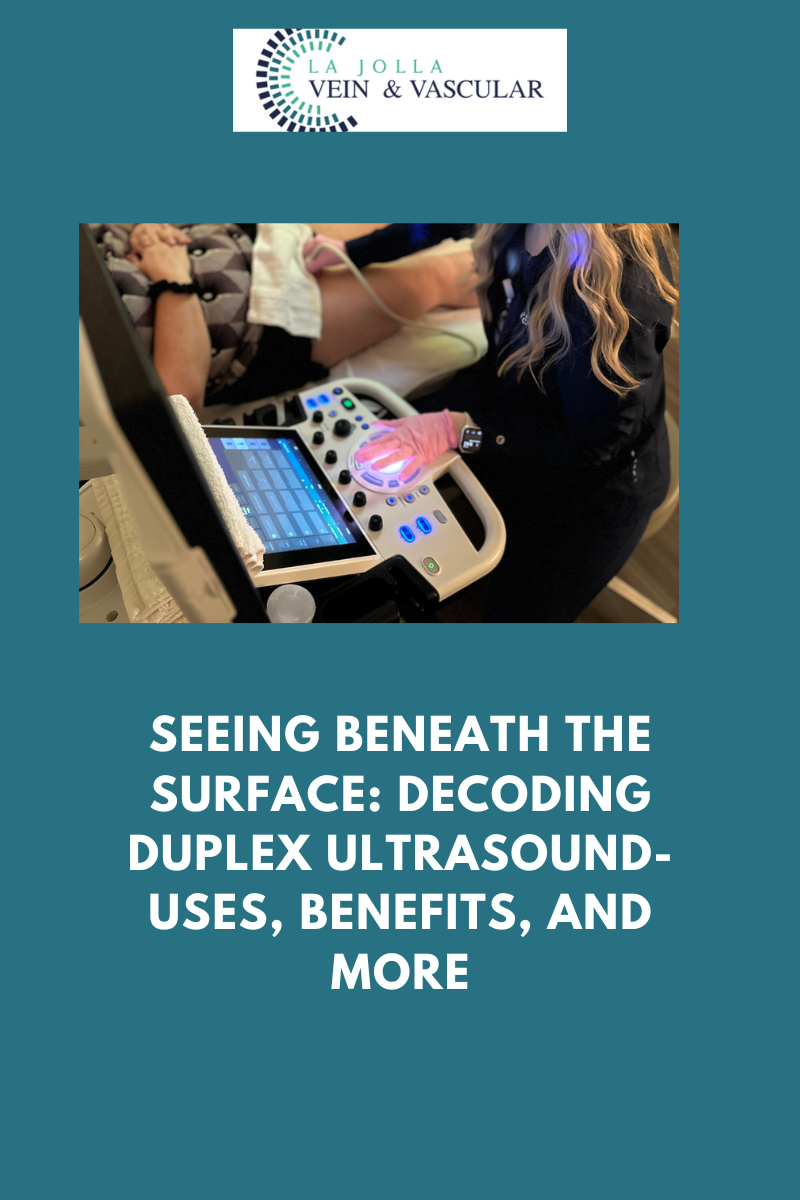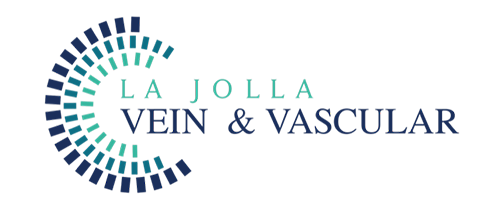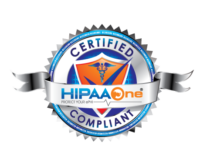Uterine Fibroids 101

Millions of women around the world are affected by the development of uterine fibroids each year. While it is not a life-threatening condition in itself, the symptoms and potential complications that come with it make it such a pressing medical concern for affected individuals.
As only women will usually possess a uterus, it follows that only women are afflicted by this ailment, which is why gynecologists will often be the first ones to make a definite diagnosis. As with so many medical emergencies, knowing the problem early will greatly increase the chances of beating it, which is why the professionals at La Jolla Vein & Vascular are dedicated to administering reliable, accurate, and entirely effective diagnostics, therapies, and treatments to all clients coming through our doors.
Let’s take a closer look at what exactly we will be dealing with should uterine fibroids turn out to be the issue at hand.
What are Uterine Fibroids?
To understand what uterine fibroids are, the first thing one should do is separate the two terms making up the condition. A fibroid is a term used to refer to a type of tumor that has ‘muscular’ characteristics. They are also referred to as leiomyoma and can appear singularly or in formations or ‘lumps.’
They are known as uterine fibroids since they will appear in the patient’s uterus. Although they are not cancerous in almost all instances, they will range in size from patient to patient, from as small as an apple seed to as large as a grapefruit and beyond, in some unusual instances.
It is important for all women to be aware of the dangers presented by uterine fibroids, not only owing to the potential harm that the condition might bring about but due to the high rate of prevalence among the female population affected in some way.
By the time they are 50 years old, it is estimated that between 20 to 80 percent of women will have developed uterine fibroids, with most cases affecting women in the later stages of their reproductive years (the 40s to early 50s).
Symptoms to Look Out For
Fibroids go undiscovered in most patients due to the lack of symptoms accompanying them, but some patients will experience some symptoms, including:
- Frequent urination due to pressure being exerted on the patient’s bladder
- Lower back pain
- Pain during sexual intercourse
- Enlargement of the lower abdomen, with severe and extremely rare instances causing the appearance of apparent pregnancy in the patient where none exists
- Heavy bleeding and/or painful bleeding during periods sometimes resulting in a medically significant depletion of blood in the patient (anemia)
- Greatly increased risks of complication during pregnancy and delivery, with uterine fibroid patients requiring cesarean sections at six times the average rate.
- Reproductive health problems such as infertility although are very rare outcomes.
What Causes Uterine Fibroids?
While the science is not completely settled on what exactly causes or is behind the formation of uterine fibroids in human beings, there are certain factors that researchers believe play significant roles in triggering their growth or development.
Genetics
In 50 percent of cases, patients will be found to have some genetic abnormality. In many instances, some erroneous translocation will be discovered on some chromosomes.
Hormones
While we may not be completely certain as to what lies at the root cause of uterine fibroids, it has been clearly demonstrated that hormones play a large role in determining their growth or progression. While a woman is pregnant, they will see rapid growth due to the presence of the hormones estrogen and progesterone. Should the patient use anti-hormone medication, the opposite will happen – the fibroids will shrink. Furthermore, fibroids will stop growing or begin shrinking once a patient reaches menopause, which is the point at which these hormones also cease being produced in the female body.
“Bringing Experts Together for Unparalleled Vein and Vascular Care”
La Jolla Vein & Vascular (formerly La Jolla Vein Care) is committed to bringing experts together for unparalleled vein and vascular care.
Nisha Bunke, MD, Sarah Lucas, MD, and Elliot DeYoung, MD are specialists who combine their experience and expertise to offer world-class vascular care.
Our accredited center is also a nationally known teaching site and center of excellence.
For more information on treatments and to book a consultation, please give our office a call at 858-550-0330.
For a deeper dive into vein and vascular care, please check out our Youtube Channel at this link.
For more information on varicose veins and eliminating underlying venous insufficiency, check this link out full of resources.
Please follow our social media Instagram Profile and Tik Tok Profile for more fun videos and educational information.

